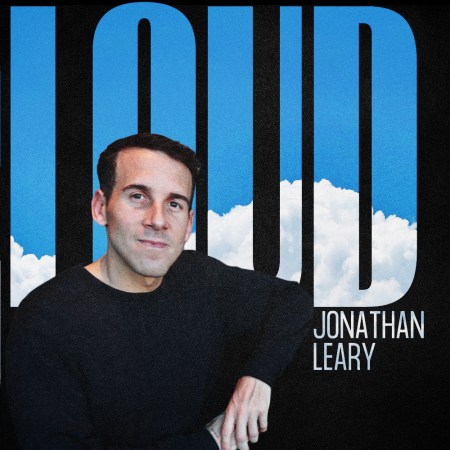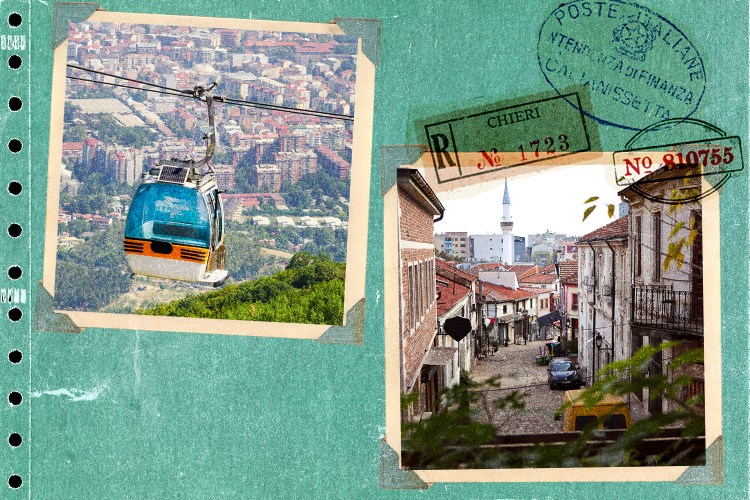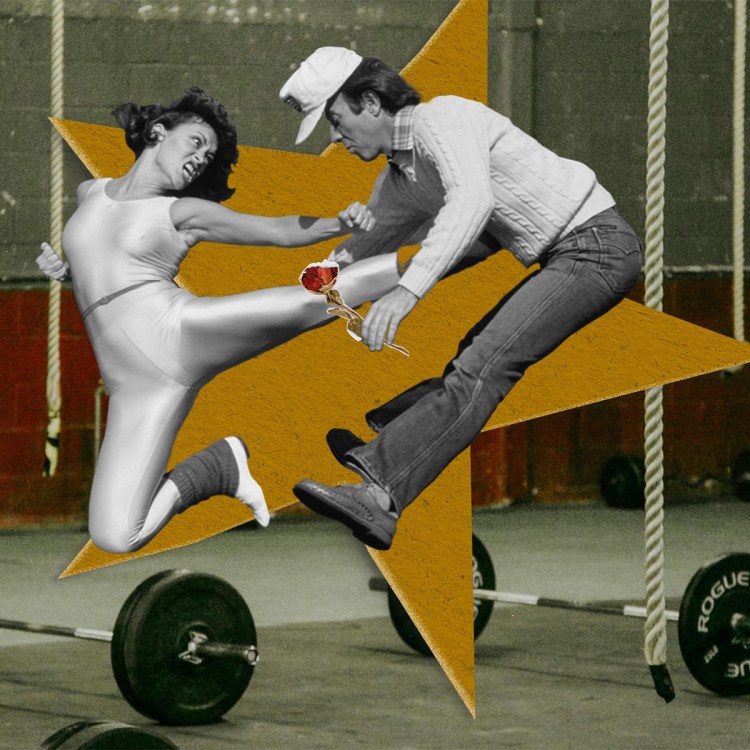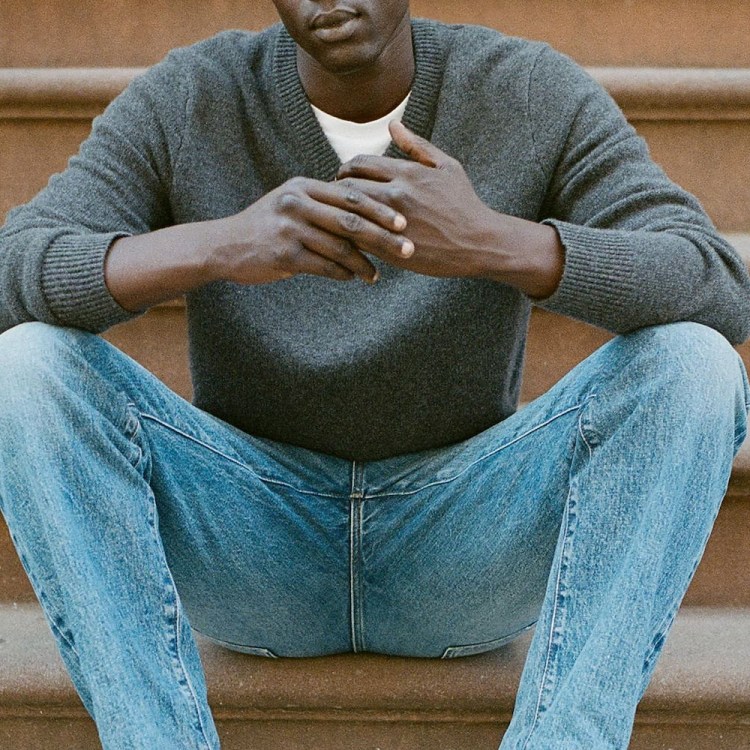Watching a Buddhist monk school a conference room of Wall Street elites on the principles of happiness is, in a word, ironic.
Surreal. Unusual. Funny.
Then, nothing Matthieu Ricard has done for the last four decades has exactly been by the book. The author of one of the most popular TED Talks in history, “The Habits of Happiness,” Ricard — a biochemist by education — shunned a career in science to study Tibetan Buddhism in 1972. Shortly after, he moved to the Himalayas to became a full-fledged Buddhist monk, focusing on the worthwhile pursuits of happiness, photography and becoming a personal confidant to His Holiness the Dalai Lama.
He’s often referred to as “the happiest person in the world.”
And he’s a generous man, willing to share his goodwill with all who share his company. Herein: five no-nonsense tips on how to be happy and healthy we learned while attending a recent lecture Ricard conducted on behalf of The Path, a New York-based meditation hub that teaches and updates ancient energizing and mindfulness techniques for “fast-paced urbanites.”
Practice compassion
It might sound too obvious to even merit mention on this list … then again, compassion is so obvious that we often forget to practice it. For example: You know you love your family, right? But how much time each day do you spend practicing your love for them? Think about one person in your life right now who makes you happy. Now close your eyes and imagine that person being happy. That feels weirdly good, doesn’t it?
Stay clear about your goals
What do you want to accomplish today? Why? You should know the answer to those questions when you wake up. In the free-for-all that is modern life, it’s far too easy to get distracted by superficial rewards or overwhelmed by tasks at your day job. Don’t just work for a paycheck; take pride in what you do and be cognizant of why you’re doing it.
Spend time in nature
Fresh air and solitude are hard to come by in the city. So unplug yourself from your computer screen and book yourself a weekend cabin in the woods — without Internet. On the drive, stop and buy your dinner ingredients directly from a farmer. Go hiking. Go fishing. Look at the stars. It’s entirely possible you’ll have the clearest perspective on your own life while you aren’t doing anything at all.
Master the skills of your profession
It takes a lifetime of hard work to become a master, and there’s a reason for that. Once you know what your goals are, you need to wake up every day and love digging into making those goals a reality. Like an athlete who trains before a marathon, you need to apply yourself daily to building up stamina and muscle memory. And here’s the real Buddhist mind-trick: once you’ve become a master, you will realize that happiness doesn’t lie in the achievement, but in having lived a whole life practicing what you love.
Give back to society
Let’s be real: if you’re educated, healthy and you go home every night to a safe apartment, then you’re a lucky man. So step up and lend a hand to somebody less fortunate. Find a cause you care about and donate your time or money to it. Altruism is the truest expression of wealth. (This particular Tibetan monk is working to bring health care and education to underprivileged people in Tibet, Nepal and India.)
—Rachel Veroff
The Charge will help you move better, think clearer and stay in the game longer. Subscribe to our wellness newsletter today.























